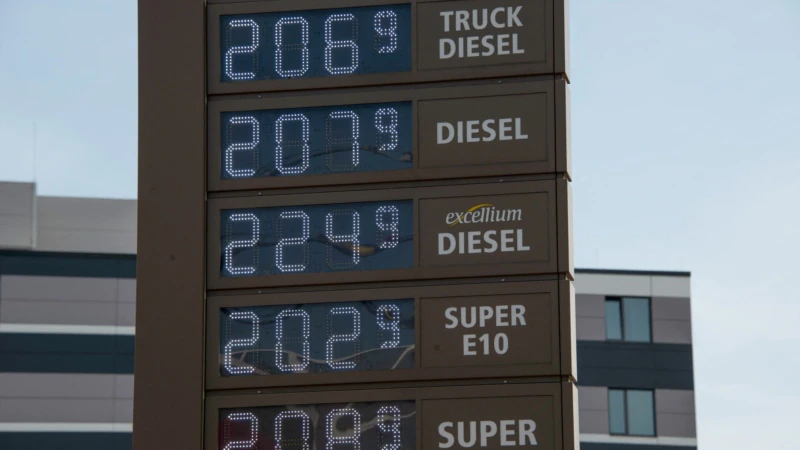Germany said Sunday it has made progress in sharply reducing its reliance on Russian energy, a strategic shift Europe’s biggest economy has embarked on since Russia invaded Ukraine.
Russian supplies now make up 12 percent of Germany’s oil imports compared to 35 percent previously, the economy ministry said in a statement.
Coal from Russia has also been slashed to eight percent compared to 45 percent of Germany’s purchases previously.
Dependence on gas remains substantial, but Europe’s biggest economy had also reduced its Russian sources to 35 percent of the total compared to 55 percent before Russia’s aggression in Ukraine.
The government had in March laid out plans to halve oil imports from Russia by June and to end coal deliveries by the autumn.
Germany is also expected to be able to largely wean itself off Russian gas in mid-2024.
“All these steps that we have taken require an enormous effect from all players and they also mean costs that are being felt by the economy and consumers,” said Economy Minister Robert Habeck.
“But they are necessary if we no longer want to be blackmailed by Russia,” he stressed.
The reliance of Europe’s biggest economy on Russian energy has been exposed as an Achilles’ heel as Western allies scramble to penalize Vladimir Putin for his attack on Ukraine.
The export giant has since been racing to find alternative energy suppliers to replace Russian contracts.

